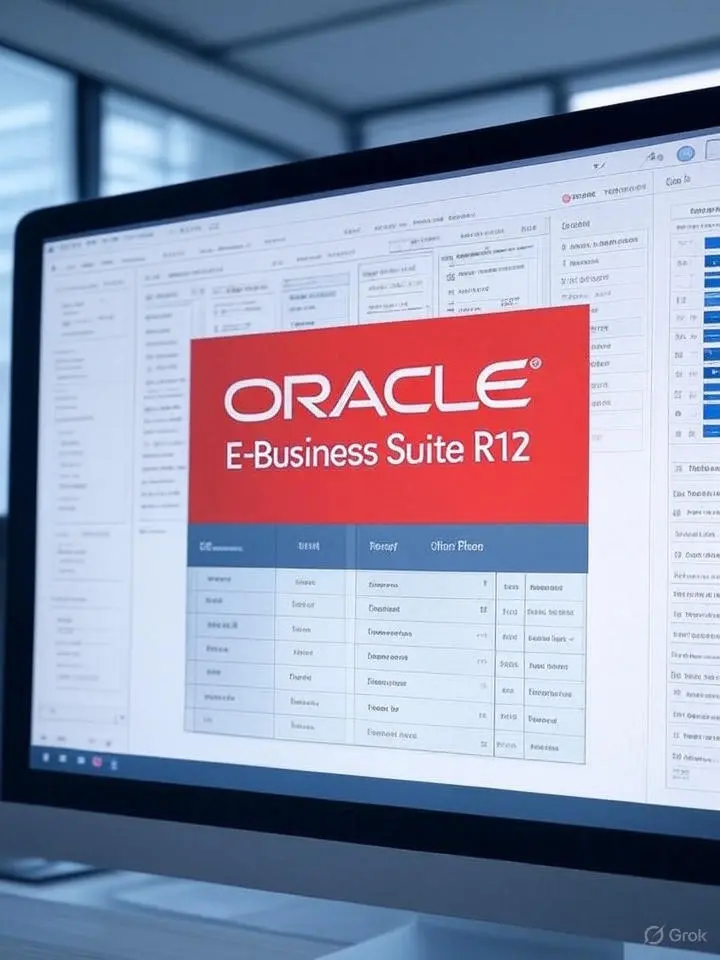The Indispensable Role of Linux in Cloud Computing
In the realm of cloud computing, Linux has emerged as an indispensable foundation, supporting the vast infrastructure that drives today’s digital economy. This essay explores the multifaceted reasons behind Linux’s critical role in cloud environments, illustrating how its unique characteristics have made it the operating system of choice for cloud providers and users alike.
Open Source Advantage
At the heart of Linux’s dominance in cloud computing is its open-source nature. Unlike proprietary operating systems that come with restrictive licenses, Linux offers unparalleled freedom for customization and scalability—qualities that are essential in the dynamic landscape of cloud computing. This openness not only fosters innovation but also allows organizations to tailor the system to their specific needs, optimizing performance, security, and reliability at scale. The ability to inspect and modify the source code also accelerates the development of new features and the resolution of bugs, contributing to a more robust and secure infrastructure.
Security and Stability
Security and stability are paramount in cloud environments, where data breaches or downtime can have severe consequences. Linux’s reputation for robust security features and stability is a significant factor in its widespread adoption in the cloud. The Linux kernel, with its rigorous security protocols and regular updates, provides a secure foundation for hosting sensitive applications and data. Moreover, the Linux ecosystem includes a variety of tools and distributions specifically designed to enhance security, making it a trustworthy platform for cloud services.
Cost-effectiveness
The cost advantages of Linux cannot be overstated. Being free to use, it offers a cost-effective alternative to proprietary operating systems, which require costly licensing fees. This attribute is particularly appealing for cloud service providers and enterprises looking to scale their operations without incurring prohibitive costs. The elimination of licensing fees, coupled with Linux’s efficient use of hardware resources, results in lower operating costs and, consequently, more competitive pricing for cloud services.
Community and Support
The strength of Linux also lies in its vibrant and extensive community. A global network of developers contributes to the continuous improvement of the Linux kernel and its associated software, ensuring that the platform evolves to meet the changing demands of cloud computing. This collaborative development model leads to rapid innovation, quick bug fixes, and a diverse range of distributions tailored to specific use cases. The community’s support is invaluable for troubleshooting and enhancing the capabilities of cloud environments.
Compatibility and Portability
Linux’s compatibility with a broad spectrum of software, hardware, and networking protocols makes it exceptionally versatile for cloud environments. It can run on various hardware platforms, from commodity servers to specialized devices, facilitating the heterogeneous nature of cloud computing. Additionally, Linux’s portability allows applications to be easily moved across different environments, a critical feature for cloud services that promise flexibility and scalability.
Leadership in Containerization and Virtualization
Linux’s contributions to containerization and virtualization technologies have been pivotal in shaping modern cloud environments. Tools like Docker and Kubernetes, which originated in the Linux ecosystem, have revolutionized the way applications are developed, deployed, and managed in the cloud. These technologies enable efficient resource utilization, rapid scalability, and isolation, addressing key challenges in cloud computing. The widespread adoption of containerization and virtualization has further solidified Linux’s position as the foundational OS for cloud services.
Conclusion
The indispensable role of Linux in cloud computing is a testament to its flexibility, reliability, and community-driven development model. Its open-source nature, combined with robust security features, cost-effectiveness, and cutting-edge technologies, makes Linux the backbone of the cloud. As cloud computing continues to evolve, Linux’s adaptability and innovation will undoubtedly remain central to the future of digital infrastructure. In essence, the symbiotic relationship between Linux and the cloud is a driving force behind the technological advancements that shape our modern world.



